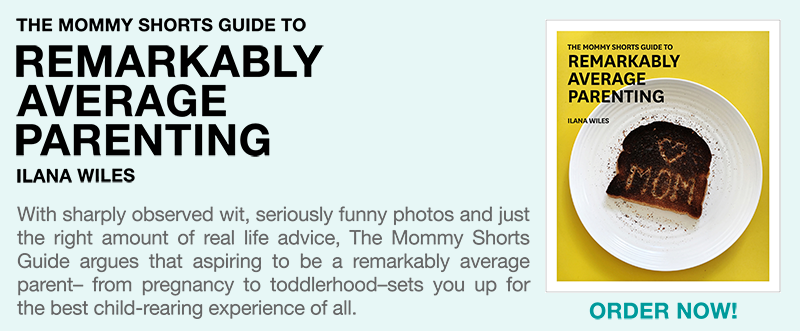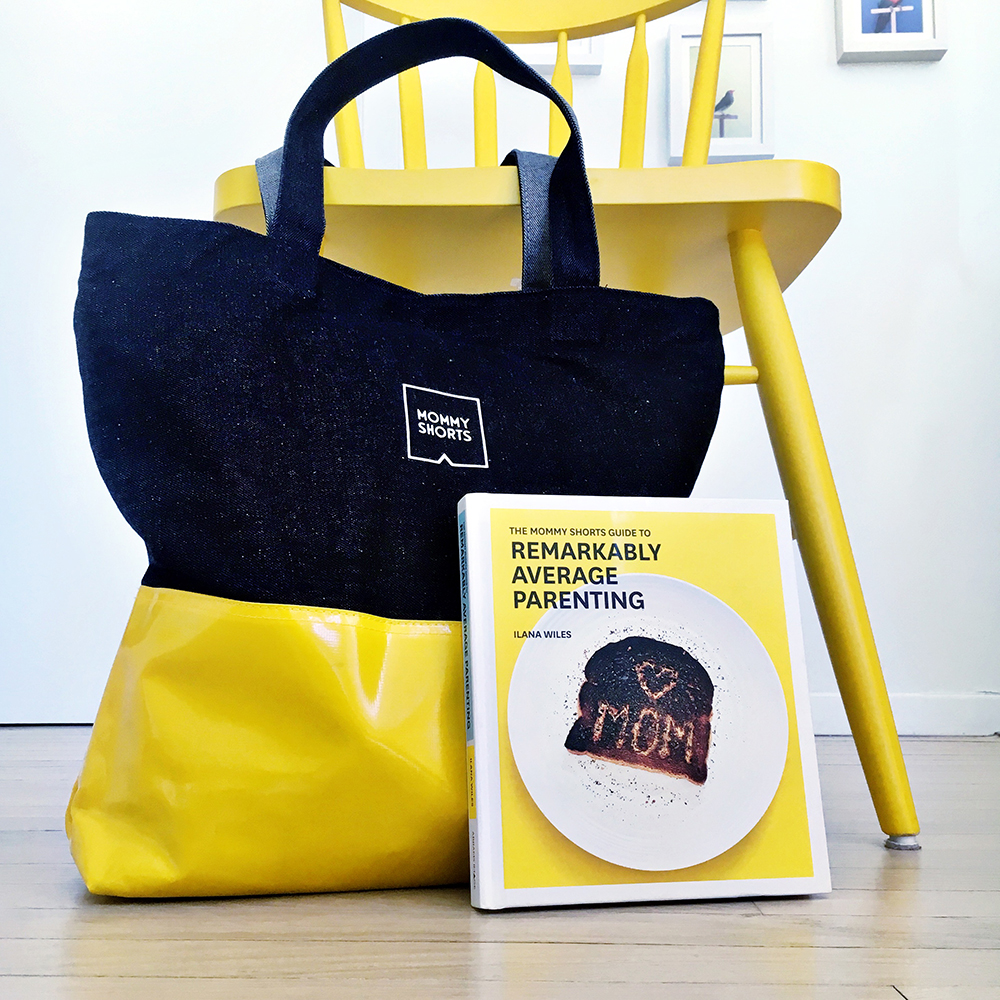Olympic runner Alysia Montano, who made the news when she ran the National Championships while eight months pregnant in 2014 and then again at five months pregnant in 2017, recently wrote an article for the New York Times talking about the struggle that female athletes have once they announce their pregnancy. Track and field athletes especially because they do not belong to a league that give them a salary, so their income relies almost entirely on corporate sponsors.
When Montano first became pregnant, she was sponsored by Nike. When she told them the news, they said they would pause her contract until she began competing again. Montano argues this is the equivalent of unpaid maternity leave. In the article, she calls out Nike for publicly supporting women and girls in their ad campaigns, but not following through in their contracts with female athletes, which do not offer any protection for pregnancy or new motherhood. For instance, a commercial Nike ran in February featured female athletes at all stages of their careers, from childhood to motherhood. It is called “Dream Crazier” and is narrated by Serena Williams. If a company is going to publicly support gender equality, they better back that up with corporate policy for their own employees.
Montano also explains how many female athletes compete far into their pregnancies and quickly return to sports after having a baby (way sooner than when they may feel emotionally or physically ready), because they are the breadwinners for their family and need to restart their pay. Top athletes also rely on health insurance from the US Olympics Committee, but that goes away if you aren’t competing at the top level after childbirth.
This sheds a whole new light on Montano’s decision to compete while pregnant, which I think many assumed was just for the love of the sport.
I imagine it was a very difficult decision as an athlete to call out Nike. Many of these contracts come with NDAs, so it makes calling out corporations who treat women unfairly even more complicated. I can tell you that was my experience as well, although in a completely different field. By Montano telling her story, she paved the way for more female athletes to come forward with similar experiences, such as Olympian Kara Goucher who was also featured in the NY Times article.
Since Montano’s article on May 12th, Burton has announced that they will change all female athletic contracts to include language that protects women during and after pregnancy. Nike also responded by promising to include written terms in their contracts that reinforce their support of female athletes during pregnancy, although no details for the new policy have emerged yet. Let’s hope they are true to their word and that more athletic sponsors follow suit!
A big thank you to Alysia Montano for being brave enough to shed some light on some of the disadvantages that pregnant women and new mothers face in the workplace. Whether you work in an office or an arena, coming forward about gender inequality at a specific company comes with considerable risk to your career.
We see you, we know what you sacrificed and we appreciate what you are doing for the future of women in this country.
——————————–
If you would like to see these stories highlighted on Instagram, follow @mommyshortssquad.

























